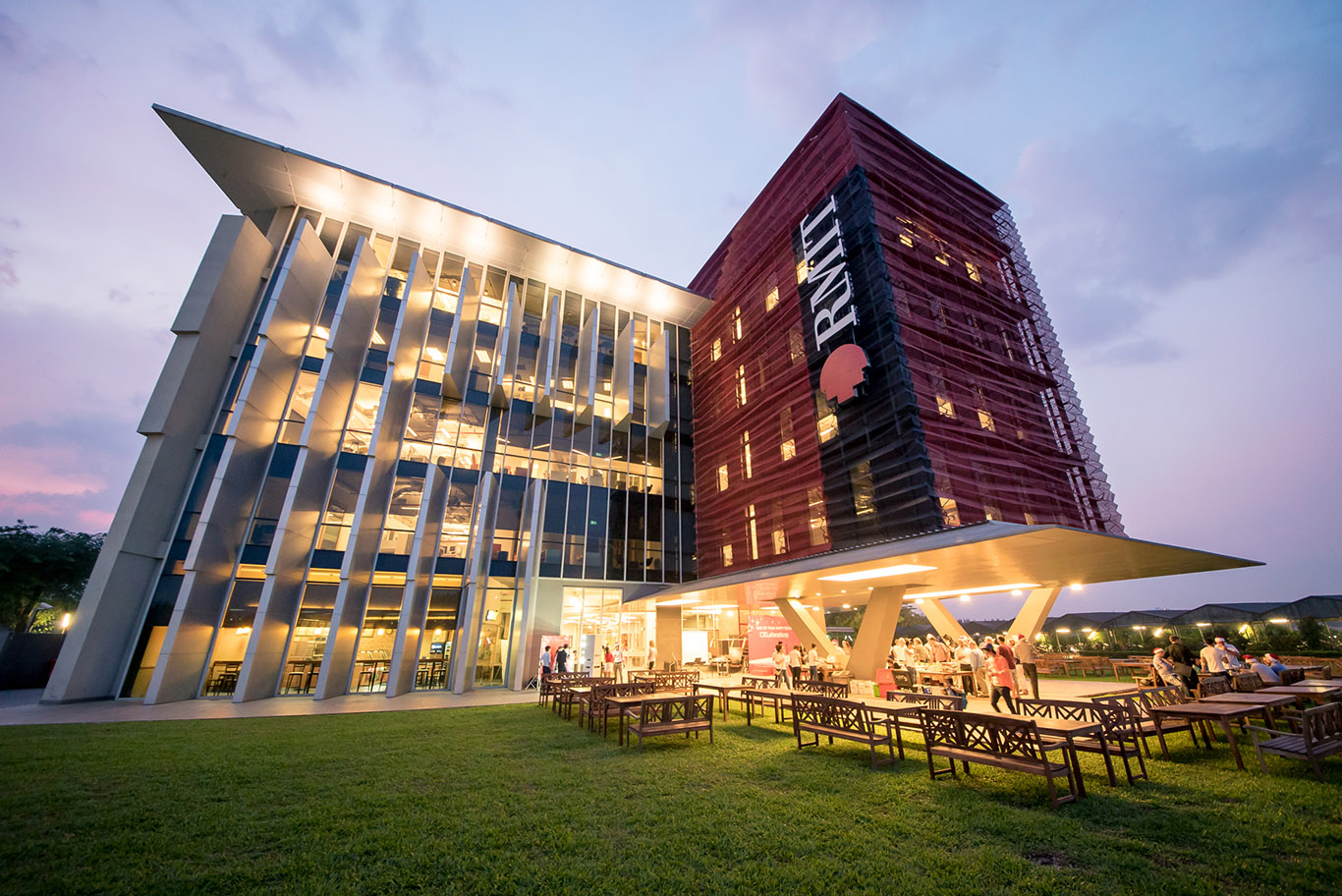Universities in Vietnam
Vietnam boasts a diverse array of universities, colleges, and undergraduate schools, primarily concentrated in major cities such as Hanoi, Ho Chi Minh City, Da Nang, and Hai Phong. These institutions offer a wide selection of courses ranging from economics and design to biology, sciences, and social sciences. Below are some important considerations for anyone thinking about studying at a university in Vietnam in 2025.
 Photo by @RmitU
Photo by @RmitU
High Concentration in Urban Areas
As previously mentioned, prestigious universities in Vietnam are predominantly situated in metropolitan areas such as Hanoi and Ho Chi Minh City. If you're planning to pursue your undergraduate studies in Vietnam, be prepared to live in these urban centers. Students relocating from suburban or remote areas may find the bustling city life—characterized by heavy traffic and crowds—overwhelming, which could serve as a distraction from their studies. While smaller cities like Da Nang and Hai Phong also offer educational options, they tend to be more limited. Recent developments indicate ongoing plans to expand university campuses into suburban regions, but as of 2025, most universities remain centrally located.
Vietnamese as the Dominant Language
The majority of lectures in Vietnamese universities are conducted in Vietnamese, so it is advisable to acquire some foundational knowledge of the language to effectively follow classes. If you are not interested in studying Vietnamese as part of your exchange program, the options may be limited, as navigating admission documents and course syllabi without a grasp of Vietnamese could be challenging.
.jpg) Photo: wikipedia.org
Photo: wikipedia.org
Nonetheless, there are several international universities and Vietnamese institutions offering programs in English, making them a great alternative for non-Vietnamese speakers.
Participation is Key
In most Vietnamese universities, participation is a critical component of academic success. Regular attendance is necessary to secure participation marks that significantly impact overall grades. It's worth noting that many students have faced academic penalties or even failed their courses due to insufficient participation. Instructors typically check attendance at the beginning of seminars or lectures, emphasizing the importance of being present.
Teacher-Student Relationships
Another key aspect of studying in Vietnam is the importance of relationships with faculty members. In traditional Vietnamese universities, it is customary for students to address their instructors formally, often referring to them as "Thầy" (male teacher), "Cô" (female teacher), or "Giáo sư" (Professor) rather than using their first or last names. Students often show respect for their teachers by bringing small gifts and visiting their homes during special occasions, such as Tet (Vietnamese New Year) and Vietnam Teacher's Day on November 20th.
List of universities for you to consider:
- Vietnam National University (Ho Chi Minh City)
- Can Tho University (Can Tho)
- Vietnam National University of Economics (Ho Chi Minh City)
- Medical University of Ho Chi Minh City
- Royal Melbourne Institute of Technology (HCMC)
- Vietnam National University (Hanoi)
- Vietnam National University of Economics (Hanoi)
- Hanoi University of Technology
- Ho Chi Minh City University of Technology
- Đà Lạt University













